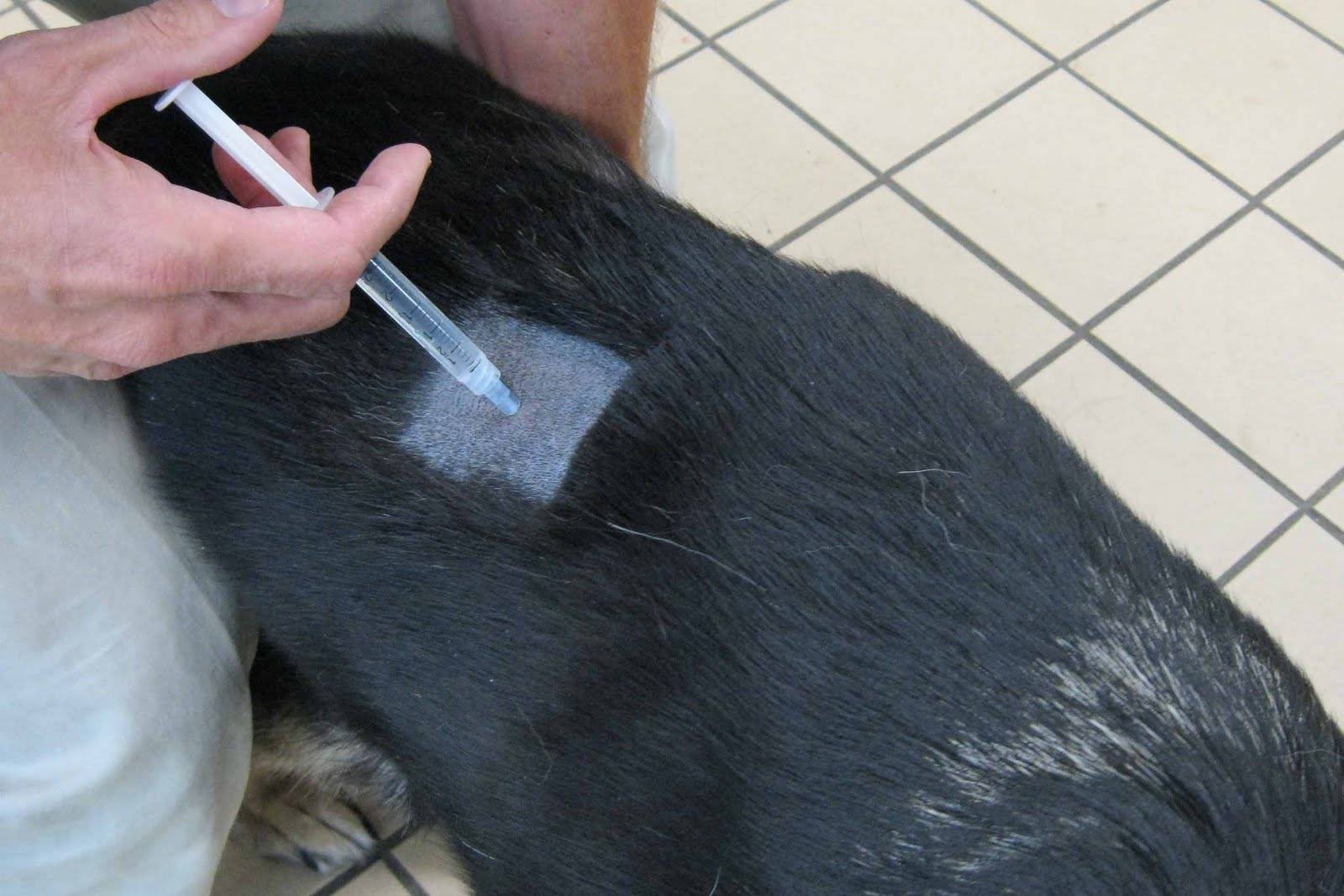As a responsible pet owner, you often juggle how to choose the best food for your dog. Indeed, choosing an appropriate food that not only suits your dog’s individual needs but also fulfills their nutritional requirement is crucial as it directly affects their mental and physical well-being.
From physical development to immune system function balance of essential nutrients is vital. Proper nutrition ensures their optimal growth; maintains healthy body weight and safeguards proper organ function. Moreover, certain nutrients, such as omega-3 fatty acids and antioxidants, have been linked to cognitive function, your dog’s behavior, mood, and susceptibility to stress or anxiety.
So, if you want to enjoy a playful life with your highly energetic pet, all with a shiny coat and bright eyes, you can’t ignore the importance of good nutrition for them. Let’s walk through the role of a balanced diet in maintaining your dog’s quality of life and ensuring longevity.
Understanding Your Dog’s Nutritional Needs
There are several factors that you should consider before you opt to choose the best food for your dog. Neglecting these considerations can pose a significant challenge and be costly for your pet’s well-being. Let’s have a sneak peek at how these factors, like your pet’s age, their breed, and health conditions can affect your choice of food for your dog.
1. Different Life Stages (Puppy, Adult, Senior)
Your dogs undergo distinct life stages, each demanding specific nutritional requirements to support their growth, maintenance, and overall well-being. Understanding your dog’s nutritional needs during different phases of life will help you to choose the best dog food.
At the puppy stage, your dog undergoes rapid growth and development which require a diet rich in protein, fat, vitamins, and minerals. Your pet may require small frequent meals. Most dog food companies provide specially formulated puppy foods for your pet, making it easier to narrow down your choices.
In adulthood, dogs require a balanced mix of protein, fats, and carbohydrates to maintain energy levels, muscle mass, and overall immune health. Portion control becomes crucial to prevent obesity and associated health issues.
As your dog enters the senior stage, organs may weaken, and activity levels decrease. A low-calorie diet with joint-supporting nutrients such as glucosamine and chondroitin is necessary for convenient mobility. Provide your dog with easily digestible proteins and fiber to support their digestive health. Choose the best senior dog food, and pick what your dog finds palatable. Many older dogs prefer wet food while others may need their food warmed up to enhance the aromas.
2. Breed-Specific Considerations
Different dog breeds have varying nutritional needs based on their size, metabolism, and predisposition to certain health issues. Large breed dogs, for instance, need a diet with different balances of certain nutrients like calcium and phosphorus, to support their skeletal health and prevent hip and elbow dysplasia. However, smaller breeds usually have a fast metabolism which necessitates more frequent meals. Small breeds can choke on large-sized kibble and have their own nutritional requirements that can be with specialized small-breed dog food.
3. Health Conditions and Dietary Restrictions
Understanding your dog’s specific health conditions or dietary restrictions plays a major role in selecting the right dog food to address their unique needs. As a pet owner, you need to identify and avoid any allergens, such as certain proteins or grains. Moreover, if your pet has any specific health issues, opt for a diet that’s best fit to support their health condition.
For instance, Conditions such as inflammatory bowel disease (IBD) may require easily digestible foods or prescription diets to manage digestive symptoms. Or if your pet is Diabetic, you need to provide a diet with controlled carbohydrate levels to help manage blood sugar levels.
It is crucial to understand that dogs require a wide range of nutrients in different quantities throughout their lives. If you are concerned about which is the best dog food for your dog’s life stage, consult your veterinarian to see what stage food is appropriate for your dog.
While we have discussed the basics of dog nutrition, let us move forward and understand the different types of dog food available. Understanding the distinctive features of each type of dog food allows pet owners to make informed choices based on their dog’s preferences, dietary requirements, and overall health.
Types of Dog Food
Dog food is usually available in five different types. No matter which type of dog food you choose, the most important factor in your decision should be finding a food that meets all of your dog’s nutritional needs.
1. Kibble/Dry
Dry kibble is one of the most popular and economical forms of dog food. Available in various formulations to meet different nutritional needs, kibble lasts for a long time and does not need to be refrigerated. It also helps to keep your dog’s teeth healthy, since chewing crunchy dry food helps to reduce tartar buildup.
2. Canned
Most dogs love canned or wet, food due to its texture and aroma. It is important to note that not every brand of commercial canned food provides the protein that your pup needs. The real question is how to choose the best dog food with maximum digestible protein.
Canned food is about 75 percent water which makes it ideal for dogs that may not drink enough water, as it contributes to their overall hydration. Always opt for canned food that’s labeled “100% nutritionally complete.
3. Semi-Moist
Commercial dog foods shaped like pork chops, burgers, or other meaty foods are called semi-moist foods. These kinds of foods contain many artificial flavors and colorings and are the least nutritional of all dog foods. They can be an occasional treat for your dog, but they should not be considered a diet in themselves, as they do not provide the nutrition that your pup requires.
4. Home Cooked
Some dog owners value creating balanced and nutritious meals for their dogs at home. Although time-consuming, a home-cooked diet allows the owner to take complete control of what their dog should eat and to be absolutely sure that his nutritional needs are being met. To ensure the home-cooked diet meets your dog’s nutritional needs, owners need a solid understanding of canine nutrition. This may require research or consultation with a veterinarian.
5. Raw
A raw diet consists of raw meat, preferably with some bones (never cooked bones, only raw) and organs mixed in, as bones are a natural source of phosphorus and calcium. This type of diet works well for many dogs since dogs have short intestinal tracts and strong stomach acids, both of which make it easy for them to consume and digest raw food.
You can pick just one type of food for your dog or mix different types of food, but talk with your veterinarian to ensure you’re meeting your dog’s nutritional needs.
Does Your Dog Have an Allergy or Sensitive Stomach?
If your pet is suffering from digestive problems, such as diarrhea vomiting, or allergic reactions, you need to contact a vet immediately. Your vet may suggest prescribed diets for managing specific health conditions and cater to specific dietary needs of your dog.
How to check your Dog’s food?
When it comes to choosing a specific dry or canned food for your pet, read the ingredients carefully, and choose a brand that uses wholesome food as its primary ingredient. Some of the words on the packaging are intended to attract buyers. So how can you tell what is what and pick the right food for your pooch?
The fastest way to know whether foods meet the nutritional needs of your puppy, adult, or senior dog, is to look at the AAFCO statement, “(Name of product) is formulated to meet the nutritional levels established by the AAFCO Dog Food Nutrient Profiles.” AAFCO stands for the Association of American Feed Control Officials. The AAFCO statement ensures that the food is “complete and balanced.”
Conclusion: A Good Advice
Who doesn’t want to enjoy an extended playful time with their pet? The thick, shiny coat, with sparkling eyes of an active dog, is what we all admire as pet owners. The provision of a complete and balanced diet is our sole responsibility. Before choosing the best food for your dog, consider their life stage, breed, energy levels, and any underlying health conditions. Check your dog’s food for its nutritional value and also check its AAFCO approval. If you don’t know how to choose the best dog food, ask your veterinarian. Your vet can take into account your pet’s age, health, and other factors when making a suggestion.











